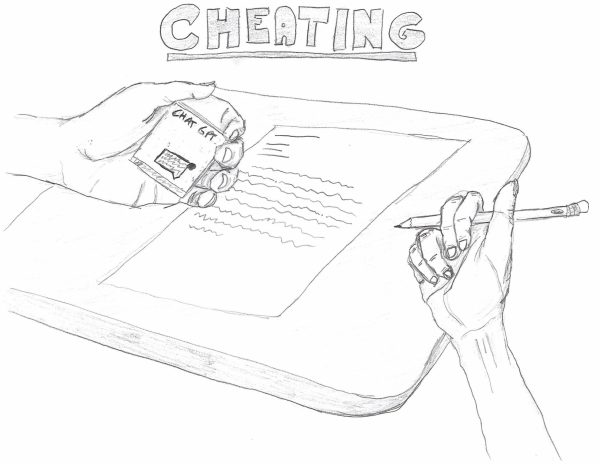“Just Venmo me”

America is closer than ever to becoming a cashless society, and if you don’t care about it, you should. An accelerated transition from cash to strictly online banking could have far reaching consequences. It may sound like science-fiction, but according to projections, America is about seven years away from becoming a cashless society, which is really no surprise when you take a look around. You’ve got credit cards, debit cards, PayPal, Bitcoin, Apple Pay, and the most recent popular platform, Venmo, which is the future of person-to-person transactions. Then you’ve got Sweden and other European countries already setting the example for cashless societies.
There are still the skeptics, but according to a study conducted by the Global Acceptance Transaction Engine, one in five Americans believe that a cashless society will be a reality in their lifetime. What’s more, 48 percent of those believe that cash will be obsolete in the next five years. Based on current economic projections, it will take longer than five years to go completely paperless, but the feelings of consumers toward the issue are a large indicator of where the nation is headed. After all, isn’t cash only made valuable by the people’s confidence in it?
People sure have lost all confidence in cash over in Sweden, where cash transactions only account for 2 percent of all transactions, according to Forbes. That percentage is expected to be cut to just half a percent in 2020.
You hear people say it all of the time: “Just Venmo me five bucks.” It has been dubbed the banking app of Millenials, and rightfully so. According to Statista, Venmo’s total growth in net payments on the app was 80 percent, accounting for $19 billion of transferred funds. Venmo acts as a middleman between accounts and friends. Venmo users can exchange funds with one another or send charges. Money exchanged on the app can be stored in the on-platform balance for later use, or it can be cashed out to a bank account. Since transferred funds have to be manually inputted into bank accounts, users can exchange “Venmo money” with one another without having their actual bank account balances change.
Despite its popularity, the app is far from perfect because nothing on the internet is perfectly safe. According to Investopedia, stories of users losing up to $3,000 (the maximum amount that can be stored in the app) to hackers is a common occurrence. Venmo and banking authorities do not recommend keeping a large amount stored in the Venmo balance. With Venmo’s rapid growth, it’s a guarantee that the platform will only become safer to use and more popular as time goes on. That’s one of the benefits of going cashless: it has the potential to become one of the safest platforms for money and trade with retina scans, face recognition, and advanced encryptions.
Although the future of cash may be inevitable, it is dangerous to have an economy based on digital numbers. Think about it. If you want money withdrawn from your account, you just go to an ATM. However, if/when cash becomes obsolete, all money will be stored in the financial system itself. That means the government and private enterprise could essentially leverage the economy through financial policy. Why should we trust a government that spends our tax dollars irresponsibly and can’t even agree on a budget to store our savings?







